|
|
|
|
Black Lives Matter protests have taken place around the world in support of Americans outraged at the killing of George Floyd at the hands of the Minneapolis police. In the wake of the second world war, writes Inderjeet Parmar, the US had to be seen to be anti-racist, and it adopted foreign policy strategies based on soft power and international leadership. But now, as coercion trumps leadership both at home and abroad, it no longer cares
who is watching.
Meanwhile, viewers around the world are watching the protests sweeping the US - on the TV news, on their social media feeds, and on video streams from grassroots media outlets like Unicorn Riot, which despite its name is a peaceful documentary-making nonprofit. Journalism scholar Errol Salamon explains the decades-old roots of today’s on-the-street unfiltered footage, and how independent media groups have for years expanded the public’s view
beyond mainstream news.
In other news, there’s been a breakthrough discovery in the fight against malaria. Scientists in Kenya have discovered that a tiny parasitic fungus can block the transmission of malaria to the mosquito. Jeremy Herren explains how they’re now working on a way to spread it through mosquito populations.
|
Gemma Ware
Global Affairs Editor and Podcast Producer
|

|
|
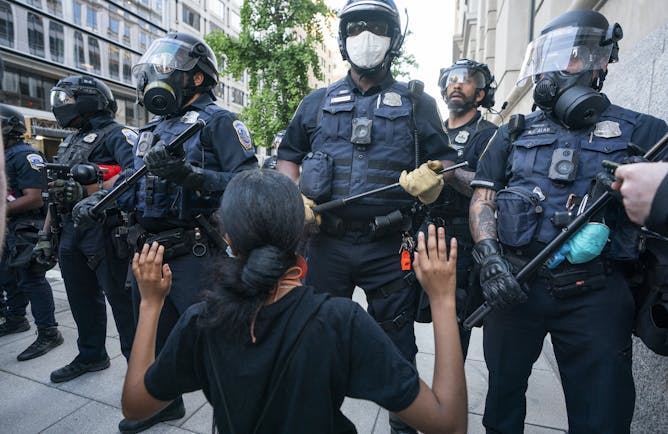
A majority of Americans believe their country is going in the wrong direction.
Jim Lo Scalzo/EPA
Inderjeet Parmar, City, University of London
To be a world leader after 1945, the US had to be seen to be anti-racist. Now it no longer cares who is watching.
|
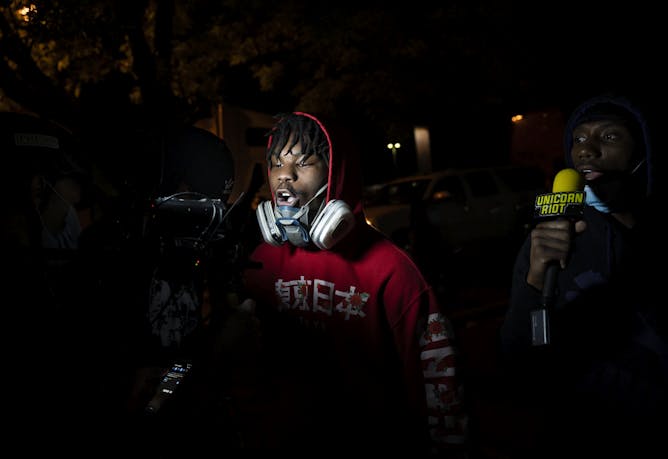
A Unicorn Riot videographer films an interview on the streets of Minneapolis on May 29, 2020.
Stephen Maturen/Getty Images
Errol Salamon, University of Minnesota
Livestreamed video coverage of protests across the country is the modern heir to decades of grassroots documentary filmmaking.
|
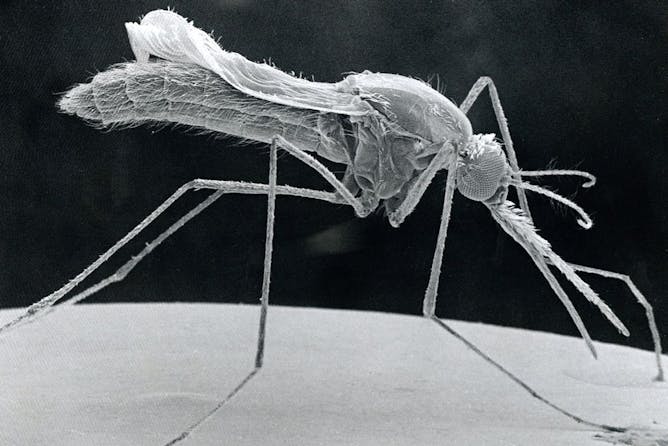
Anopheles Stephensi, Sem.
Photo By BSIP/Universal Images Group via Getty Images
Jeremy Herren, International Centre of Insect Physiology and Ecology
Mosquitoes that had Microsporidia MB - a tiny parasitic fungus - never became infected with malaria.
|
Politics + Society
|
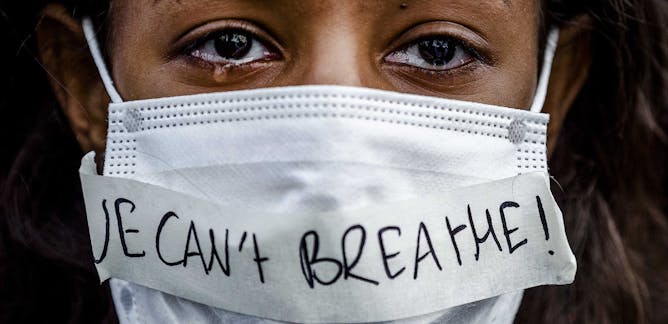
Mark Honigsbaum, City, University of London
Waves of disease are often accompanied by waves of hate.
| |
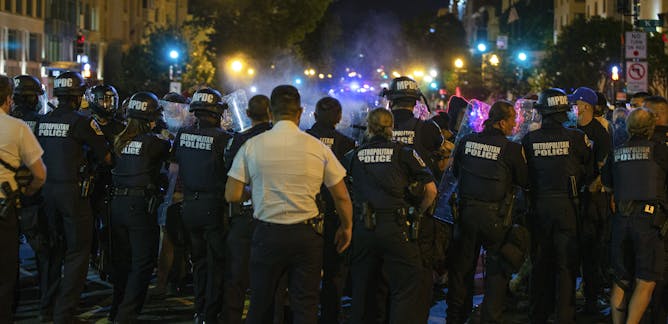
Jill McCorkel, Villanova University
Many law enforcement agencies fail to adequately investigate misconduct allegations and rarely sustain citizen complaints. Disciplinary sanctions are few and reserved for the most egregious cases.
|
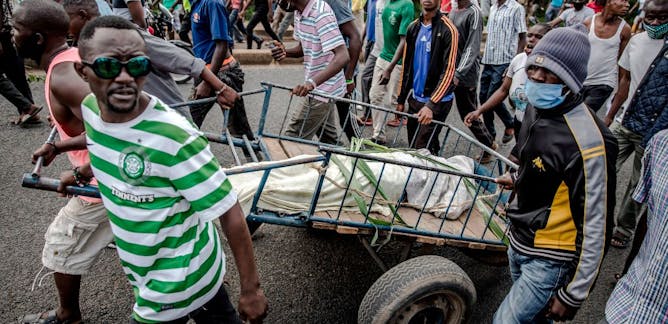
Douglas Lucas Kivoi, The Kenya Institute for Public Policy Research and Analysis (KIPPRA)
The level of accountability within police agencies in Kenya is very low. They operate with impunity, because they know they will get away with it.
| |

Kim Adams, New York University
From its roots as an electric version of snake oil, by the 1930s vibrators were just another household electric appliance that could soothe your pains at the end of a long day.
|
|
|
COVID-19
|
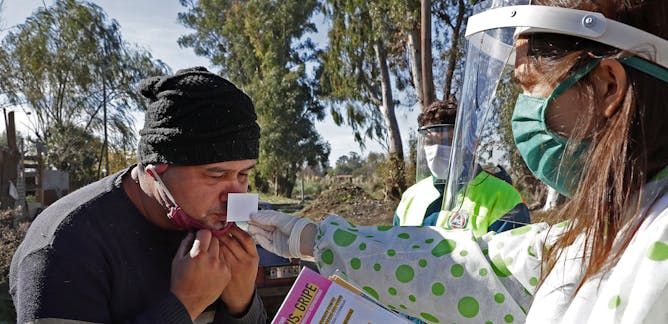
John E Hayes, Pennsylvania State University; Valentina Parma, Temple University
Many respiratory viruses cause us to temporarily lose our sense of smell. But SARS-CoV-2 isn't like those other viruses. Researchers are now exploring how it differs and whether patients recover.
| |
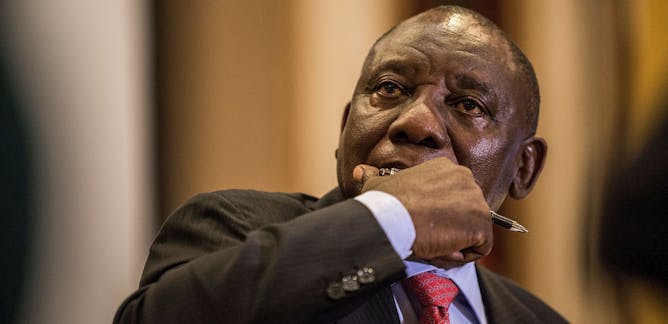
Seán Mfundza Muller, University of Johannesburg
The South African government and some of its advisors want to have the best of both worlds. They want to use incorrect predictions by early models about the COVID-19 pandemic to claim success.
|
|
|
Environment + Energy
|
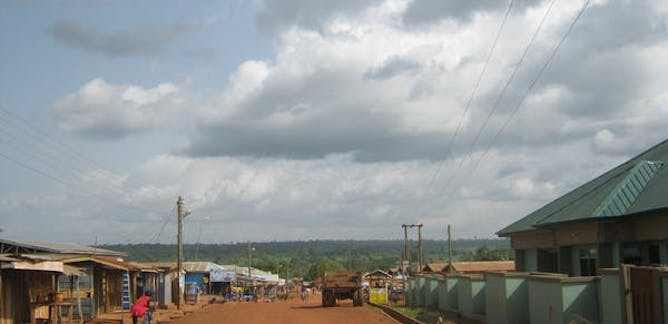
Sebastian Sterl, Vrije Universiteit Brussel; Robert Brecha, University of Dayton
West African countries are faced with the challenge of growing their grids while avoiding the climate impacts of increased fossil fuel use.
| |
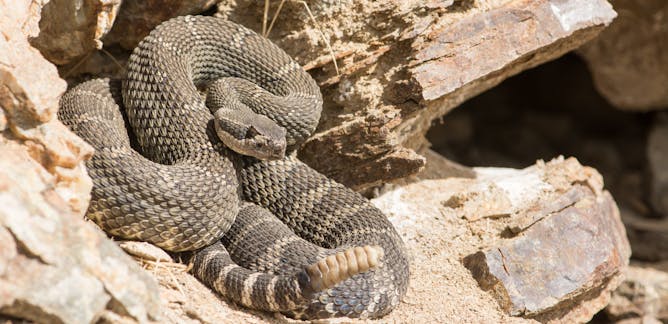
Karl Larsen, Thompson Rivers University; Marcus Atkins, Thompson Rivers University
At current rates, the rattlesnake population in British Columbia could be severely depleted by 2060.
|
|
|
| |
| |
| |
| |
| |
| |
|
|
|
|
|
|
|